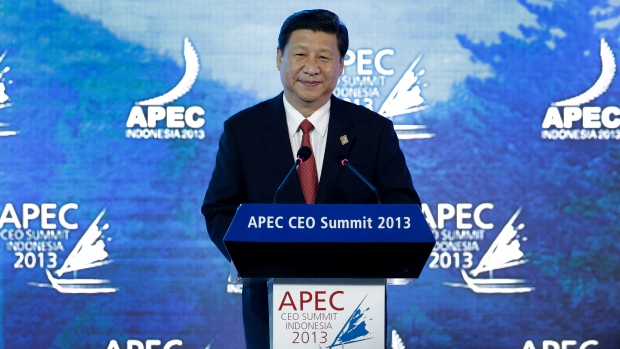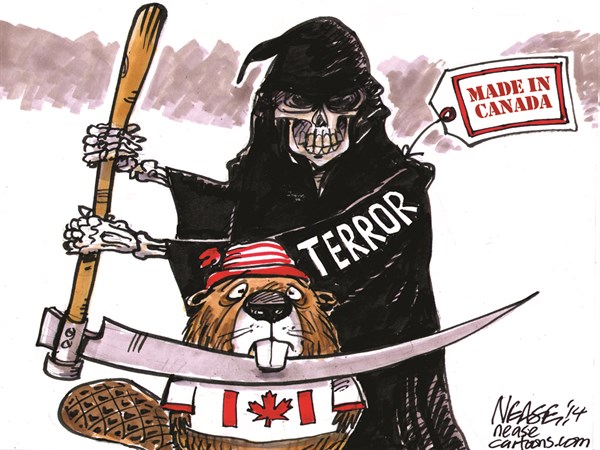While most of the current focus on Afghanistan has been on withdrawal dates, the recalibration of NATO’s future goals in the region, and negotiations with the Karzai government, we as citizens tend not to ponder whether Afghans have access to an almost assumed right – the Internet. Today’s world is one of connectivity, where having access to the Internet and telecom gives one the freedom to explore a world of far fewer barriers and greatly expands the potential to acquire knowledge. In Afghanistan this is achieved through different stakeholders with varying objectives.
Given the socio-political climate of the region over the past 15 years, there has been a strong resurgence of the Internet and telecommunication sector. As of 2012, there are over 1.08 million Internet users compared to 200,000 in 2006. The total number of Internet service providers (ISPs) in the region has also gone from 26 in 2006 to 44 in 2012. There are now over 17.1 million mobile telephone users compared to 1.7 million in 2006.
Broadband Connectivity:
Through a $130 million dollar deal between the World Bank and the Afghan Government, there will be approximately 4000km of fiber optic cables constructed to connect the 23 capital cities of Afghanistan as well as neighboring countries. The project is being completed in three phases with some phases involving public/private partnerships within cities.
[captionpix align=”right” theme=”elegant” width=”325″ imgsrc=”http://natoassociation.ca/wp-content/uploads/2013/11/2.jpg” captiontext=””]
Shadow Internet and Suitcase Networks:
As the principal foreign force currently in the country, the United States has helped to lay down a large part of the infrastructure in Afghanistan. A legitimate concern however, is the censorship of citizens by a potential hostile Government. In an attempt to not parallel the events of Syria and Egypt where leaders Hosni Mubarak and Bashar Al-Assad disabled the Internet to prevent online mobilization of resistance forces, the United States has found ways to potentially prevent this. The first way to protect telecommunications was by creating a stand-alone network using towers on military bases.
Another more innovative method is based on the work from a group called FabFi who engineered the ability to create wireless networks using open source software and common/everyday hardware to manually create Internet hubs that are self-extendable. Glanz and Markoff’s piece in the New York Times describes the technology:
The group’s suitcase project will rely on a version of “mesh network” technology, which can transform devices like cellphones or personal computers to create an invisible wireless web without a centralized hub. In other words, a voice, picture or e-mail message could hop directly between the modified wireless devices — each one acting as a mini cell “tower” and phone — and bypass the official network.
The Obama administration has invested in the implementation of such infrastructure within Afghan communities in order to better connect everyday citizens with each other.
While the pace of technology, especially in communications, is moving forward at a very fast pace, it is impressive to witness the massive rise of Internet and telecommunications traffic in Afghanistan. Varying stakeholders are creating the infrastructure to ensure freedom, the right to technology, and the ability for Afghans to embrace the technological future




